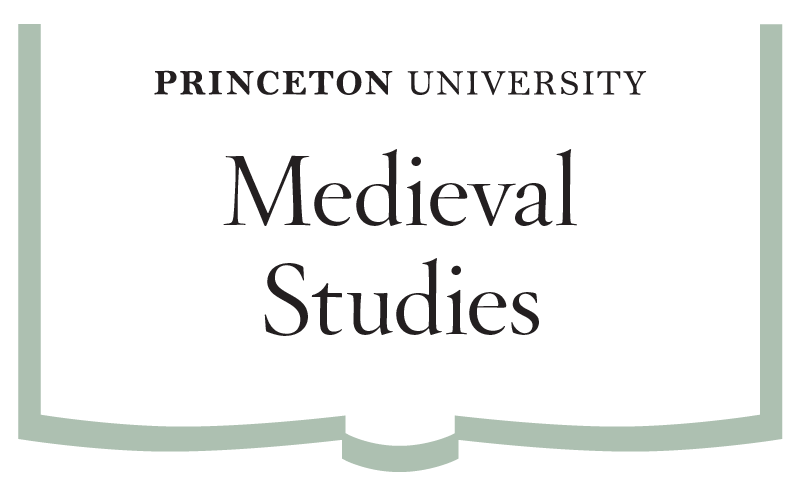Students in the Class of 2025 will be the first to be eligible to earn a minor in medieval studies. The Class of 2024 will earn a certificate. More information about the certificate in medieval studies can be found here.
Application and Eligibility
Students can apply for a minor in medieval studies as early as spring of their sophomore year. First years who are interested in the program, should reach out to Program Manager Anna D’Elia to be added to our mailing lists. Seniors may apply, with permission of the director.
ApplyRequirements
We offer students two pathways to the minor degree.
Model 1: 5 courses including the introductory course (MED 227 or equivalent) and a 400-level course in which students write a substantive final paper.
Model 2: 4 courses including the introductory course (MED 227 or equivalent) and substantial independent work (see below).
Coursework:
- 200-level Introductory Class. MED HUM HIS HLS 227 (Worlds of the Middle Ages), offered in alternate falls, is the designated introductory course for the minor. Students may consult the director for comparably broad introductory course offerings that may be taken instead (e.g., HUM216–217, HIS210, ART228). Students are encouraged to complete their introductory class as early as possible in their course of study.
- At least three additional courses on a medieval topic, taught by faculty in different departments. Students’ coursework should cultivate geographic and cultural range. For courses on medieval topics from East Asia to Iceland, please see the current list of courses.
- All four courses, the introductory course and three electives, must be taken in three different departments.
- Students may complete a fifth course at 400-level (or 500-level with the permission of the instructor) in lieu of independent work but are also required to present and discuss these projects in the senior thesis colloquium.
Normally, students may count at most two courses taken for the minor toward their major. Students with unusual circumstances should speak with the program director about how best to fulfill their minor requirements.
Independent Work:
One larger final project on a relevant topic completed in the senior year, amounting to the equivalent of one thesis chapter or more. Project forms include: a departmental senior thesis, a substantive data-based project on primary sources and materials, internships that require intensive work with primary sources. Please discuss the range of possibilities (and Princeton’s own opportunities) with the director. In the senior thesis colloquium, taught by the director of the program, these projects, activities, experiences and expertise will be regularly presented and discussed during the senior year.
Senior Thesis Colloquium:
During the senior year, minor students will meet regularly with the director to discuss their work in progress. These meetings may become more frequent in the spring, but are on average biweekly.
Language Courses:
Students are encouraged to study an appropriate source language in the department of their choice. Two semesters of a relevant medieval source language at the 100-level, or one medieval source language course at the 200-level or above, will count as one course towards the minor. Relevant languages include Latin, Classical Greek, Hebrew, Arabic, Classical Chinese, Classical Japanese, and Persian; for other relevant languages, including possible graduate courses, students should consult with the program director.
Entering the Program
If you are thinking about obtaining the minor degree upon graduation, see the director, William Jordan, even in your first year and even if your general plan of study tends more toward the sciences than the humanities. When you select your departmental major in the spring of your sophomore year, you can complete the minor application form.
Students are welcome to join events, workshops, opportunities and offerings before their junior year, particularly those offered by the Junior Academy of the Program in Medieval Studies (such as coffee-hours, excursions, introductory seminars by the faculty, colloquia, film screenings, and group or individual visits to Special collections, Index of Medieval Art, or the Princeton Museum). To be added to the mailing list, contact Anna D’Elia.












